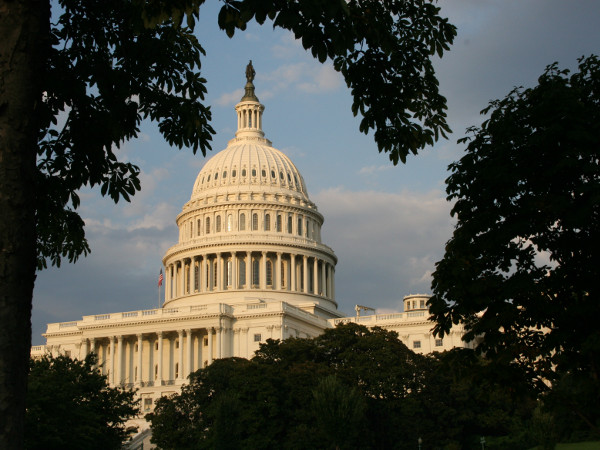Senate Committee Approves Mods to CDA’s ‘Safe Harbor’
 WASHINGTON – The U.S. Senate Commerce Committee on Wednesday unanimously advanced a bill that would limit the safe harbor provisions in the Communications Decency Act of 1996, allowing states to prosecute and victims to sue social media networks and others that fail to keep sex-trafficking off their platforms.
WASHINGTON – The U.S. Senate Commerce Committee on Wednesday unanimously advanced a bill that would limit the safe harbor provisions in the Communications Decency Act of 1996, allowing states to prosecute and victims to sue social media networks and others that fail to keep sex-trafficking off their platforms.
The bill, the Stop Enabling Sex Traffickers Act, would rewrite Section 230 of the CDA, which limits the liability of internet publishers for material uploaded by users. More than 40 senators cosponsored the bill. It has bipartisan support in both houses of Congress and has been endorsed by the President’s daughter, Ivanka Trump.
The Electronic Frontier Foundation calls Section 230 “one of the most valuable tools for protecting freedom of expression and innovation on the Internet.” For decades the tech industry has resisted changes, arguing the section encourages digital innovation. Last week, however, the Internet Association — a trade organization that counts Amazon, Facebook and Google among its members — threw its support behind the bill after a series of modifications. The most significant changes clarified companies would violate the law only if they knowingly facilitated sex trafficking and criminal charges would be based on federal, not state, human-trafficking laws.
“This is a momentous day in our fight to hold online sex traffickers accountable and help give trafficking survivors the justice they deserve,” Sen. Rob Portman (R-Ohio) said in a statement. Portman co-authored the bill.
Not everyone is convinced SESTA is a good thing. Sen. Ron Wyden (D-Ore.) said the bill puts tech startups at a disadvantage because they have few resources to police their platforms.
A dozen civil liberties groups on Wednesday delivered an open letter to Congress stating the bill threatens free speech online.
Image © Randy mcwilson













